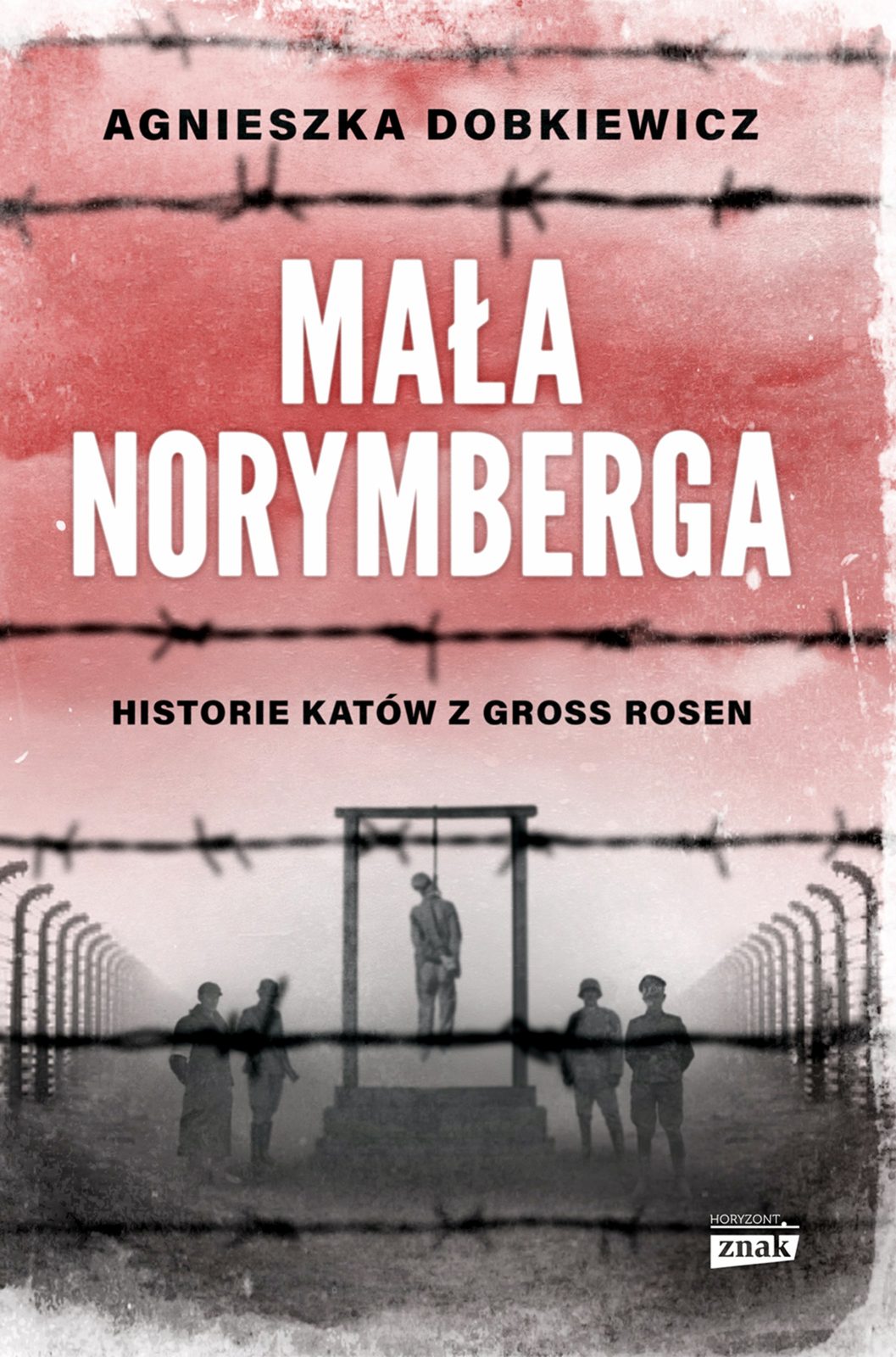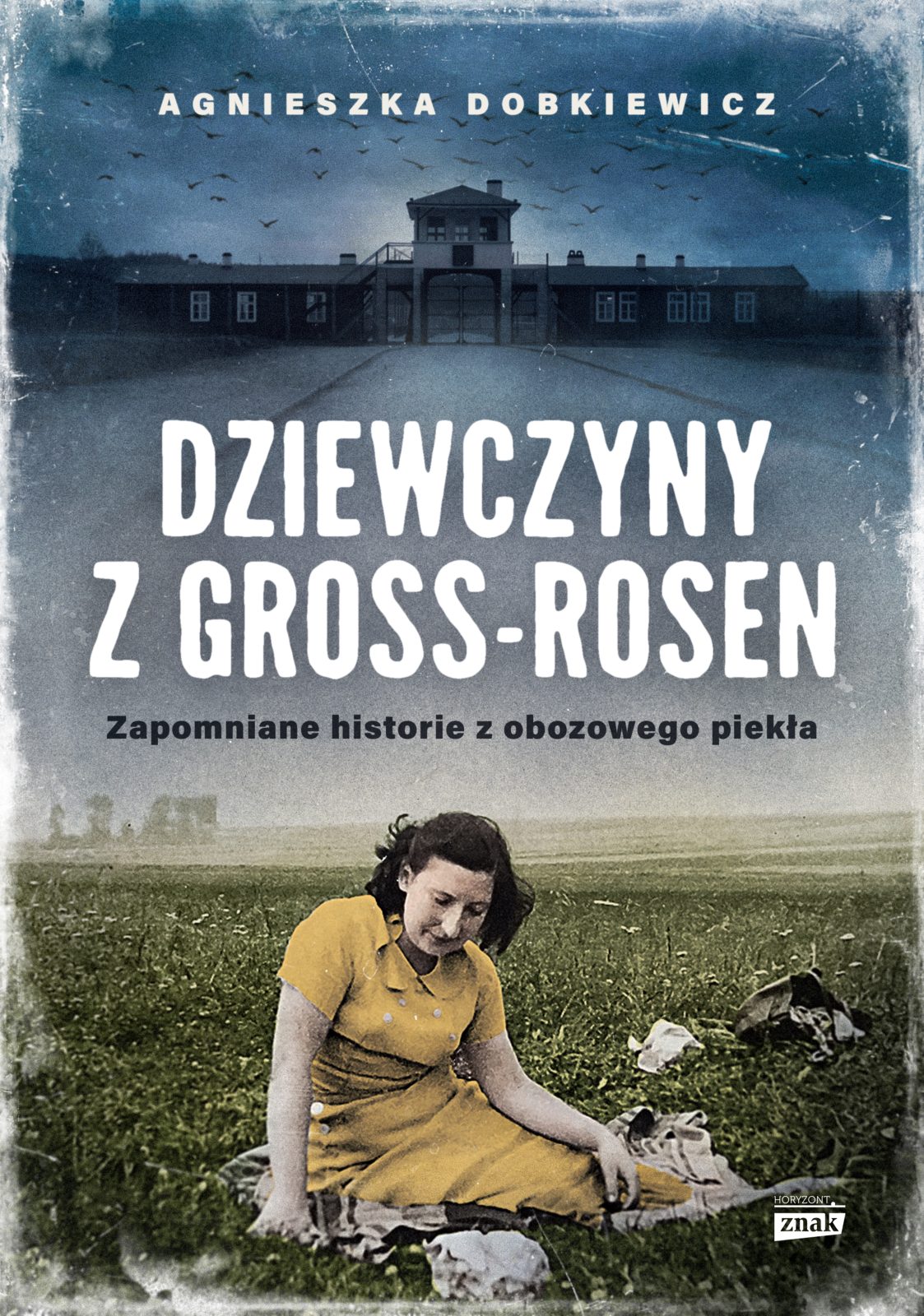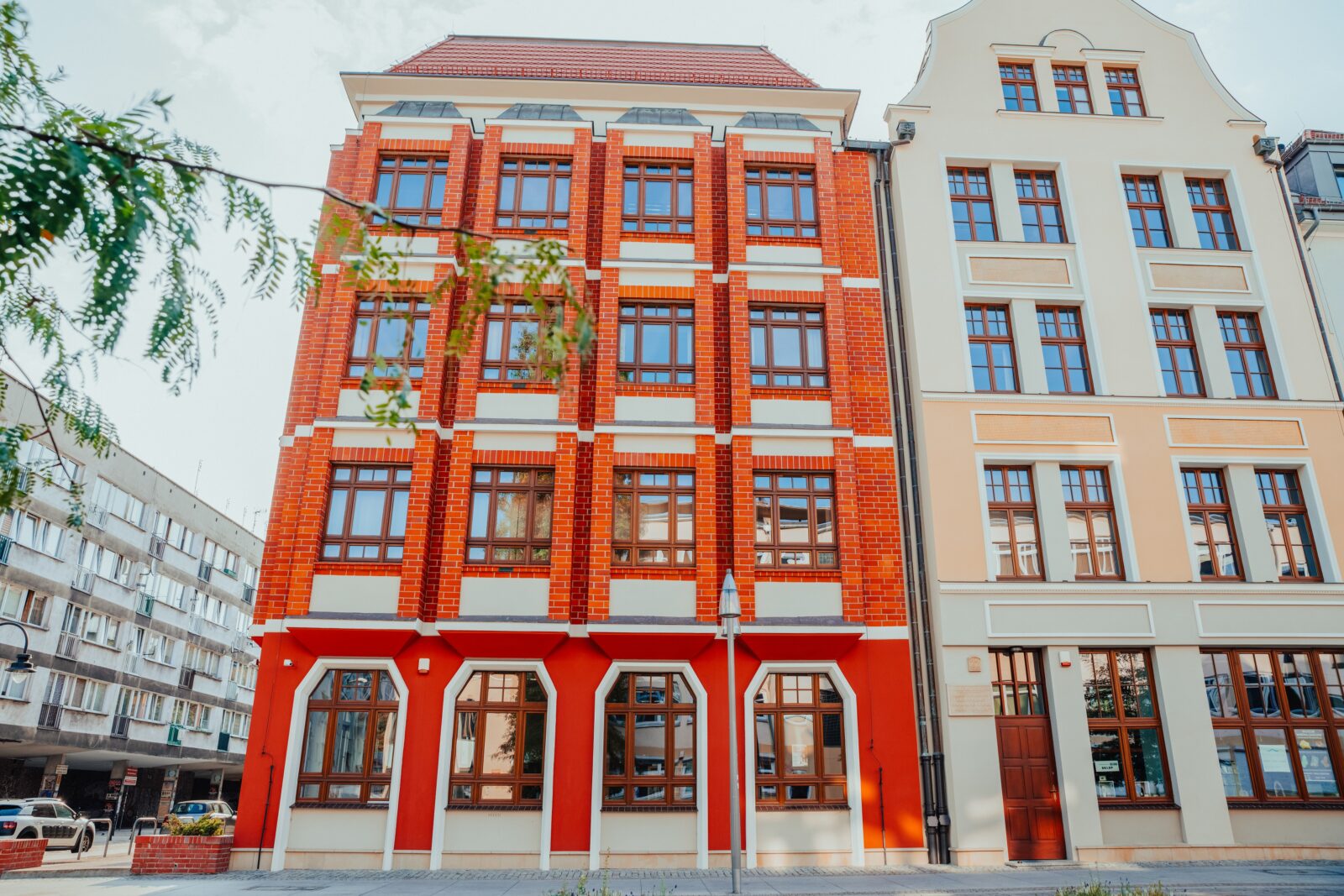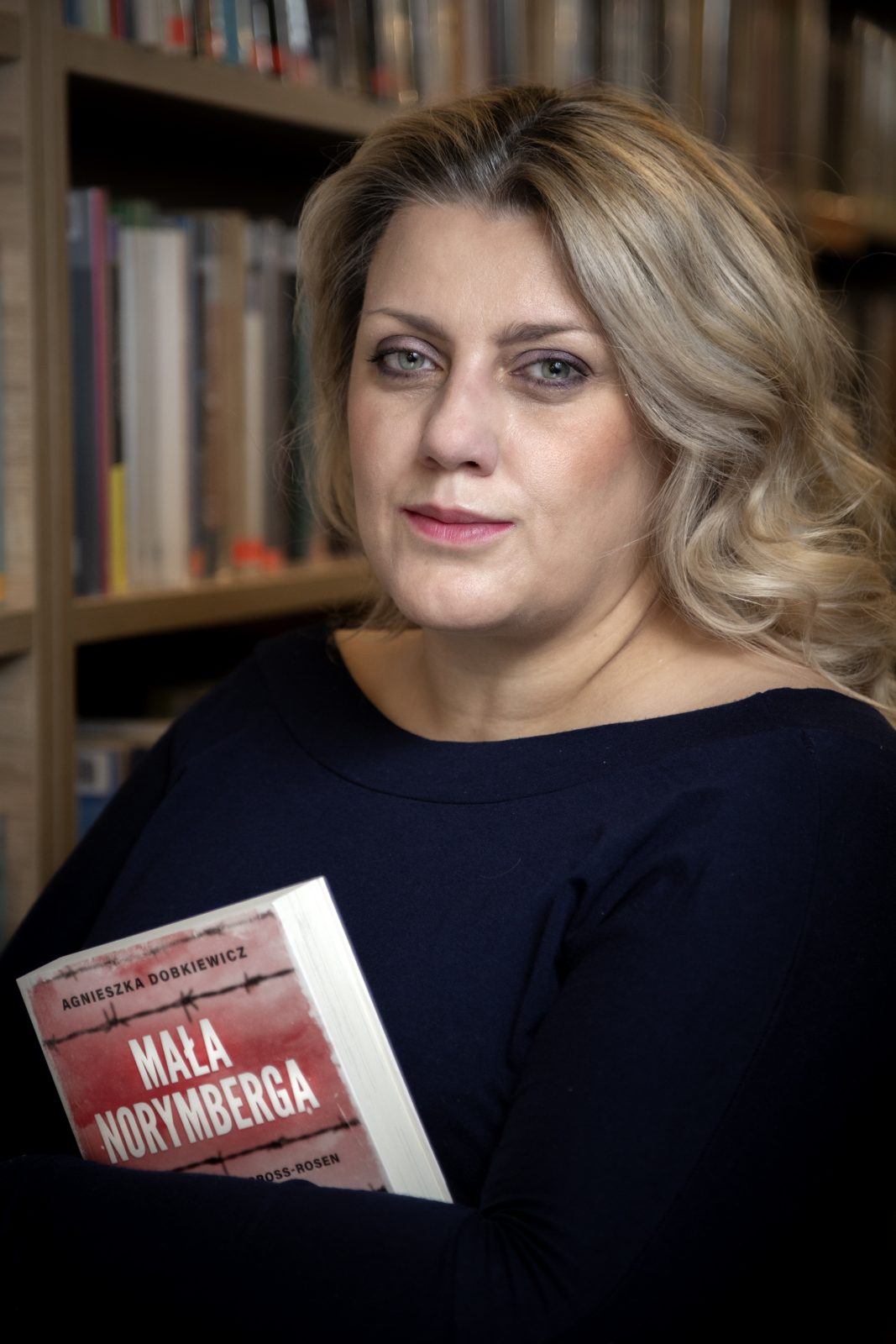The College of the Interdisciplinary Studies UWr, the Institute of English Studies UWr and the Committee for Philology of the Polish Academy of Sciences (Wrocław Branch) would like to invite you to an open meeting on 18 May 2023 (Thursday) at 13.30 – room no. 207 at the Institute of English Studies UWr, ul. Kuźnicza 22. The open lecture is organised as part of the meetings of the BEYOND LANGUAGE series.
“The floor of the shadowy building was covered with placards bearing the names of all the extermination camps. The monstrous size of the massacre was impossible to comprehend with the mind. The fire burning in eternal memory of the murdered seemed pitifully small. And yet it radiated with an indestructible glow.” Erich Wolf Segal (1985)
78 years ago, on 20 November 1945, the first ever trial of a totalitarian system and its functionaries took place. Twenty-two state officials of Nazi Germany were indicted in the trial, half of whom were sentenced to death, three were sentenced to life imprisonment, four received long prison sentences and the remaining three functionaries of the apparatus of power were acquitted. Hannah Arendt once wrote that if one treats the accused as a symbol, then Eichmann was right to claim that he stood before the court as a scapegoat for anti-Semitism, for totalitarianism, for the human race, for original sin (Arendt 1963). It should therefore not be about a symbol, but about a concrete man on the dock, because, as Yosef H. Yerushalmi wrote ([1982] 2014), the opposite of forgetting is not remembering, but justice!
The theme of this Thursday’s Beyond Language meeting will be the struggle for memory and justice. Ms Agnieszka Dobkiewicz, journalist, publicist and writer, will restore the memory of the victims and recall the crimes of the executioners during an open lecture entitled:
„Katowali, łamali ludzi, odbierali im godność. Świat zapomniał o ich zbrodni”. (“They tortured, broke people, took away their dignity. The world has forgotten their crimes.”)
After 70 years, the trials of Nazi criminals from the Gross-Rosen KL camp have seen the light of day. About one hundred trials of criminals and war criminals from the Gross-Rosen concentration camp and its branches scattered across Lower Silesia, the present Lubuskie Province, the Czech Republic and Germany took place in Świdnica in Lower Silesia between 1945 and 1947. Knowledge of this has not only survived in the collective consciousness, but also in scientific studies. After more than 70 years, it is being uncovered by Agnieszka Dobkiewicz. She consistently follows the backstage of the crime, which took place in the eyes of the law. The results of her work are surprising. In 2019, the Znak publishing house published ‘Mała Norymberga’ on their basis.


Bio
Agnieszka Dobkiewicz – journalist, publicist and writer. Scholarship holder of the Minister of Culture and National Heritage. Author of two poignant books related to the Gross-Rosen concentration camp: „Mała Norymberga. Historie katów z Gross-Rosen” and „Dziewczyny z Gross-Rosen. Zapomniane historie obozowego piekła”. Both have gained bestseller status; the first has been translated and published in the Czech Republic, and work is underway to publish the second title in Czech as well. „Mała Norymberga. Historie katów z Gross-Rosen” is a collection of reportages about the camp executioners, written through the prism of the tragedies they inflicted on their victims. Mindless, blunt force and omnipresent man-to-man hatred. In „Dziewczyny z Gross-Rosen”, the author again confronts the tragedy of the victims, this time showing the fate of the young women. She shows the fortitude and will to survive, thanks to which they managed to survive the Death March, when they were driven barefoot in several degrees of frost. But it also evokes the girls who did not manage to fulfil their promise and dreams that they would survive and eat sweet…strawberries… Joanna Lamparska, a well-known writer and traveller from Lower Silesia, wrote about „Mała Norymberga”: ‘This book is impossible to get out of your head. It stays, it shocks, it scares. In turn, the well-known journalist, reporter and writer Marek Łuszczyna stated after reading the book that: ‘Dobkiewicz has managed to enter the mind of a captured war criminal…’ Whereas „Dziewczyny z Gross-Rosen” was beautifully reviewed by Michał Wójcik, journalist and historian: ‘From just six threads, Agnieszka Dobkiewicz has woven a woman’s rug that makes the Wawel tapestries pale in comparison. These are stories of women who hit the very bottom of humanity and either stayed there or, like Ruth or Halina, fervently lived on despite the terrible stigma. Harrowing.





